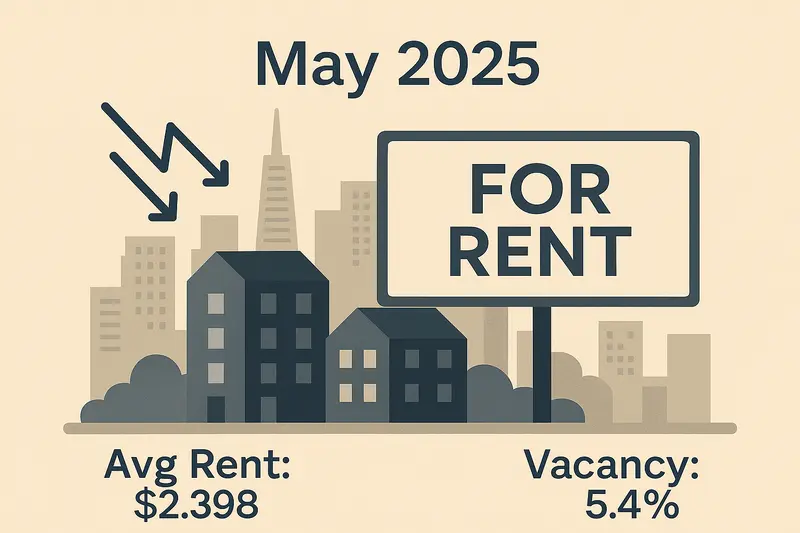When Noise Leads to Eviction: Landlord Rights and Legal Limits
Question
Answer
Short answer: Yes — a landlord can pursue eviction over noise complaints, but only if the noise violates the lease, local ordinances, or creates a legal nuisance, and only after the landlord follows required notice and court procedures. Landlords cannot use self-help (locks, utility shutoffs) or retaliatory tactics.
To prevail in an eviction based on noise, a landlord normally must show that the tenant’s conduct substantially interfered with other tenants’ quiet enjoyment or violated specific lease terms or municipal noise rules. Courts and local housing departments treat single, minor incidents differently from repeated, documented disturbances; persistent or dangerous behavior (loud parties late at night, repeated police calls, threats, or illegal activity) creates a much stronger case for eviction than a one-off complaint.
Typical process and legal limits:
- Check the lease and local law — many leases include a “no nuisance” clause and municipalities set noise limits. Eviction grounds and required notice periods vary by state and city.
- Document complaints — keep dated tenant complaints, police or code-enforcement reports, witness statements, and (where lawful) video logs. Good documentation matters at court.
- Serve the correct notice — many jurisdictions require a written notice giving the tenant a chance to cure (often short notices like 3 days for curable breaches in some states) or an unconditional quit in serious/nuisance cases. Follow the exact statutory form and timing where you operate.
- If the tenant fails to cure, file an unlawful-detainer (eviction) action — the court decides; landlords must avoid illegal self-help and follow eviction procedure to obtain a writ of possession if judgment goes their way.
Practical tips and landlord pitfalls: Document every step, call police or code officers when a violation occurs, and consider mediation for borderline disputes. Beware of retaliatory-eviction defenses: if a tenant has recently complained about habitability or exercised other protected rights, a court may treat an eviction as retaliation. Also be careful with recordings — state wiretapping and privacy rules differ, so don’t rely on audio evidence without checking local rules.
In short: eviction for noise is possible but fact- and jurisdiction-specific. Landlords should follow the lease and local statutes precisely, document disturbances, use law enforcement or code enforcement when appropriate, and avoid self-help or retaliatory acts. It’s advisable to consult a licensed local attorney or experienced property manager before starting eviction proceedings to make sure you meet notice requirements and minimize legal risk.


